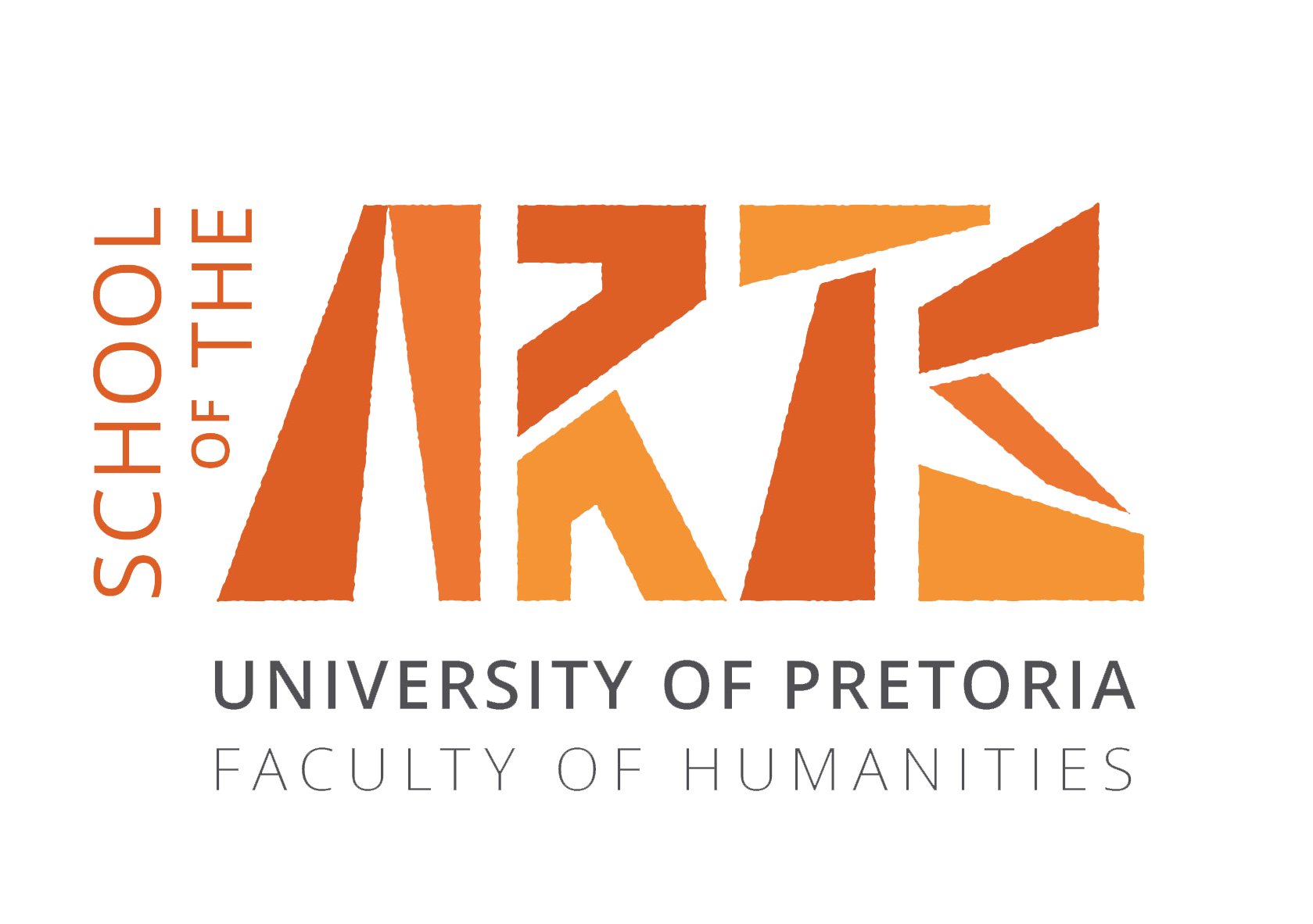Hou my vas, Korporaal: Protesting masculinity in Héniel Fourie’s Toekoms Spoke/Future Ghosts
Stairways and Ruins
DOI:
https://doi.org/10.17159/2617-3255/2025/n39a10Keywords:
Héniel Fourie, (heteronormative/militaristic) masculinity, Michel Foucault, military conscription, Paratus, Southern African Border War, South African Defence Force, Toekoms SpokeAbstract
Idealised notions of heteronormative militaristic masculinity, particularly during the so-called Border War in Southern Africa (1968-1990), were disseminated through South African Defence Force (SADF) publications like Paratus (1970-1994). Artist Héniel Fourie, in collaboration with Paula Kruger and Armand Aucamp, ostensibly problematises this heteronormative militaristic masculine idealisation in the short film Toekoms Spoke[sic]/Future Ghosts (2023) by reflecting on the narrative of an imagined conscript travelling on a train to join the SADF. In Toekoms Spoke/Future Ghosts, Fourie creatively examines the “burden” of mandatory military conscription and the idealisations of heteronormative militaristic masculinity espoused by the SADF. To analyse Fourie’s interpretation of the conscript’s defiant masculinity in the short film, I reference Michel Foucault’s The archaeology of knowledge (1972), where he provides a theoretical framework to analyse discourses. In this article, I argue that the conscript in Fourie’s Toekoms Spoke/Future Ghosts exhibits defiant masculinity in contrast to the heteronormative militaristic masculinity portrayed in the SADF magazine Paratus, by juxtaposing stills from Fourie’s short film with s elected front covers of Paratus.
Downloads
Published
Issue
Section
License
Copyright (c) 2025 Image and Text

This work is licensed under a Creative Commons Attribution 4.0 International License.



